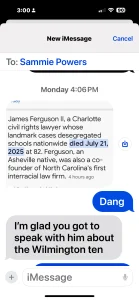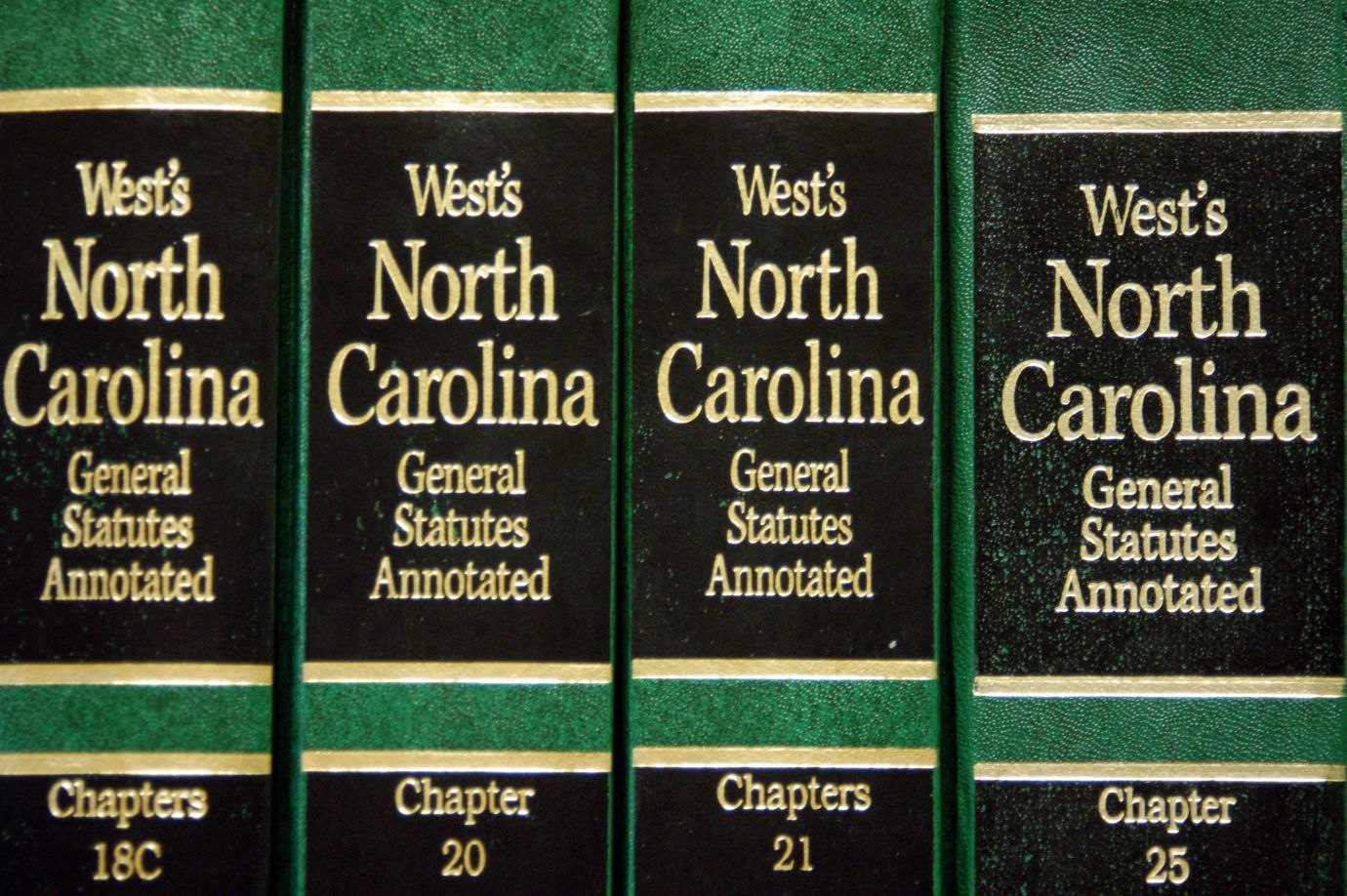I’d already had a rough day when I got the text from my wife sharing Fergie passed. 
“Dang,” was the only thing I could respond.
I was without words.
I’d already had a rough day when I got the text from my wife sharing Fergie passed. 
“Dang,” was the only thing I could respond.
I was without words.
Jury trials, at least for criminal defense lawyers and prosecutors, represent the apex of professional life. 
Prior to trial we review discovery, interview witnesses, and argue motions.
We anticipate what may or may not be admissible.
Answering the Question “Do I Need a Lawyer for Protective Order Violation” one would be wise to also consider:

In an earlier post “The Grand Jury – What Does It Mean to be Indicted” we briefly mentioned the “indictment” and Grand Jury proceedings. Although most people have a working understanding of what the word “indictment” means and at the least have heard it used previously in news reports, television series and crime novels; most do not understand the integral role it plays in our complex legal system. It is therefore prudent to start from the ground up in understanding what an indictment is and the role it plays in the criminal legal practice.
To recap, the grand jury decides to issue an indictment if it believes there is sufficient evidence to charge someone with a crime. An indictment is the document setting forth such charges. To be specific, North Carolina General Statute 15A-641(a) defines the indictment as “a written accusation by a grand jury, filed with a superior court, charging a person with the commission of one or more criminal offenses.” Merrium-Webster Dictionary states the meaning quite simply as “an official written statement charging a person with a crime.”